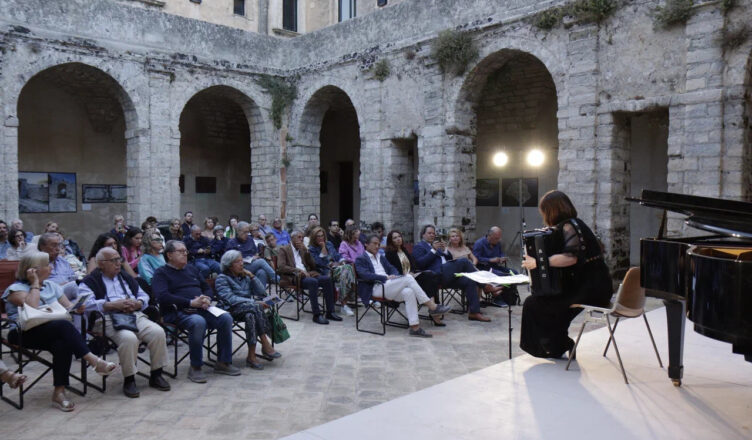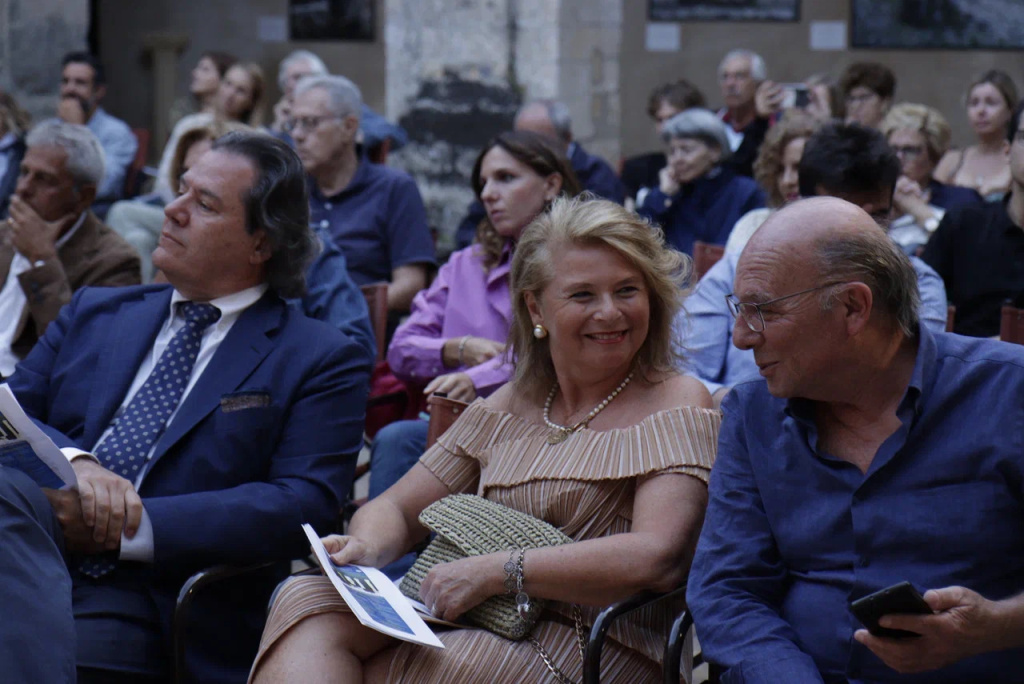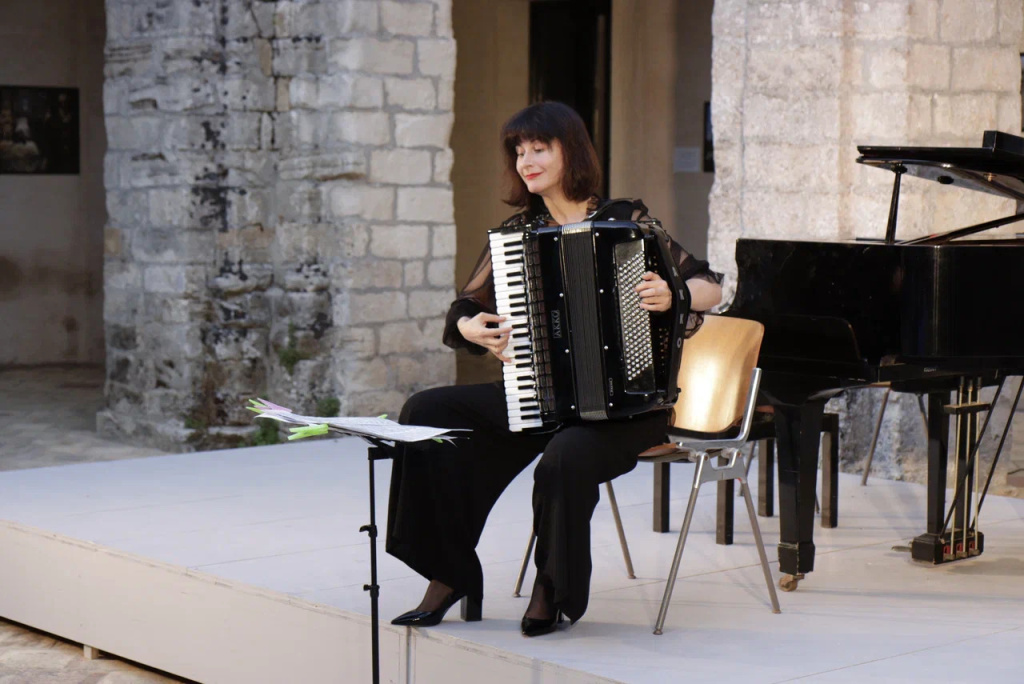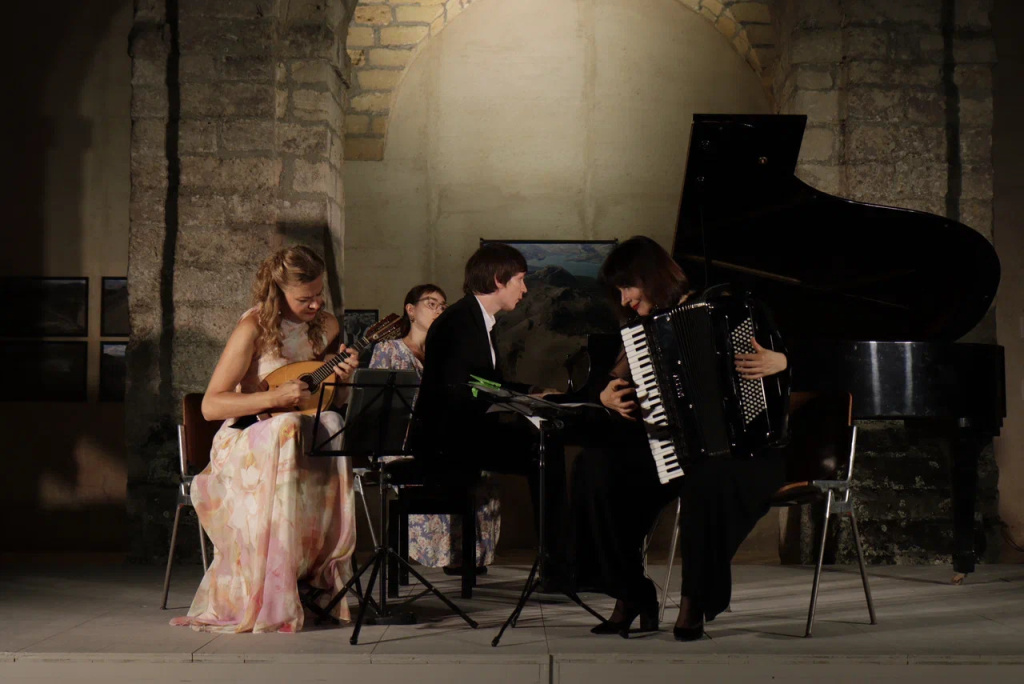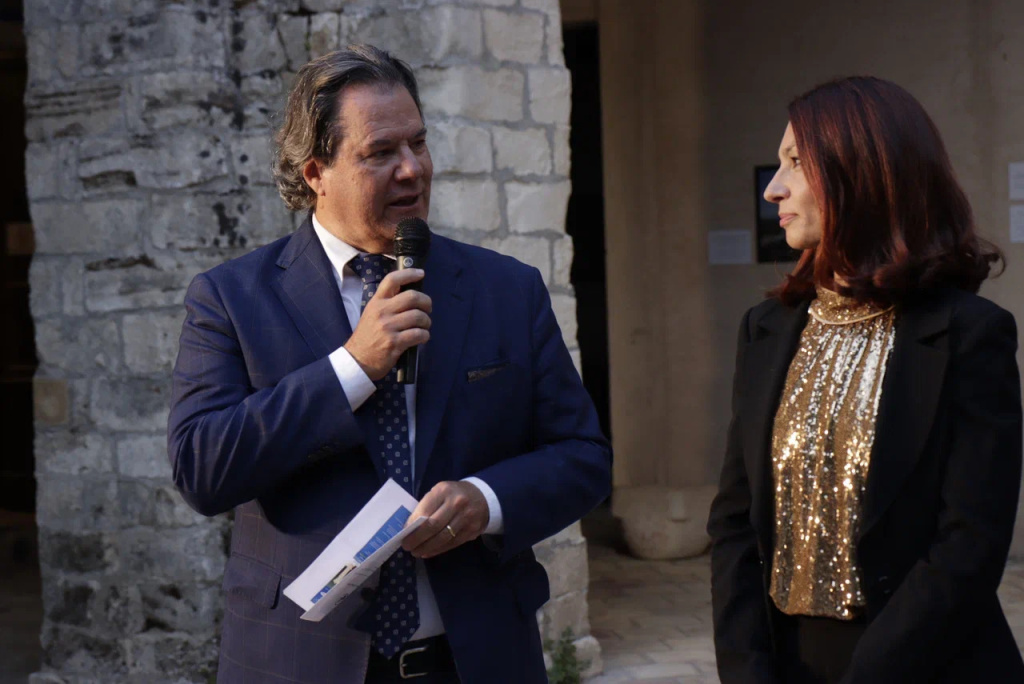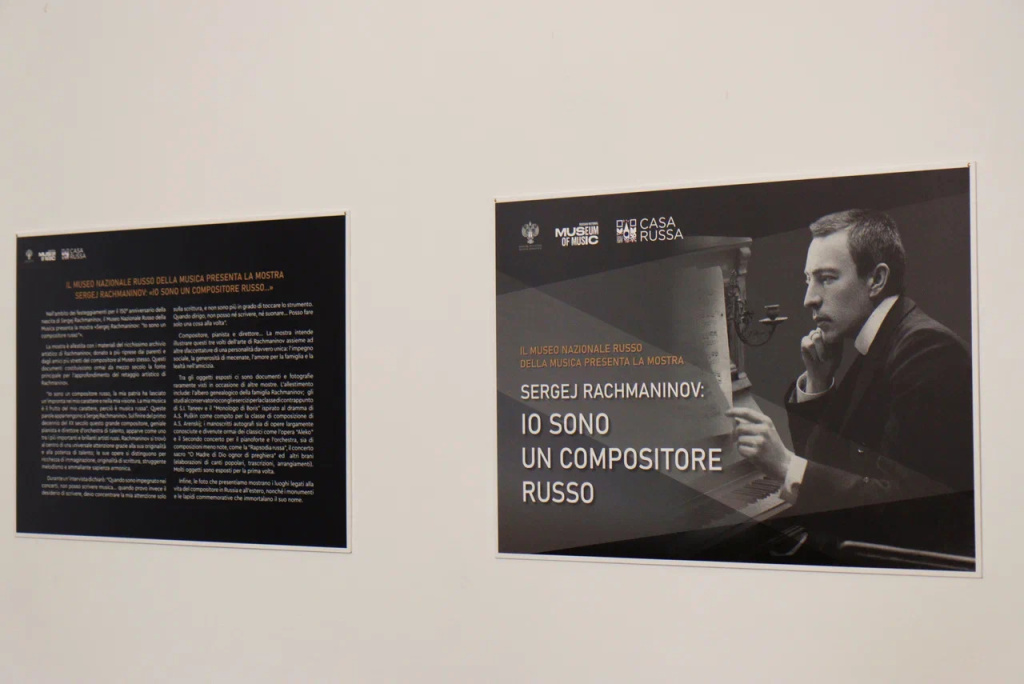Photo by Svetlana Lisichnikova
A series of cultural events dedicated to the 150th birthday of the great Russian composer Sergei Rachmaninov have opened in the Sicilian city of Erice.
As part of the International School of Musical Sciences festival, organized by the Italian Foundation “Ettore Majorana”, concerts are held daily in Sicily from 11 to 18 August. The program includes works by Sergei Rachmaninov and other Russian artists and composers as well as master classes for Russian and Italian students. With the support of the CASA RUSSA of Rome, the masters of the Santa Cecilia Conservatory in Rome have been joined by the musicians of the Gnessin Russian Musical Academy.
«The main value for us is to give young musicians and students the opportunity to stand out; many of them will perform for the first time in such a significant place. Rachmaninov’s works are included in the curriculum. I am very happy that this year his music is performed in different cities of Italy, including Erice», said Roberto Giuliani, director of the International School of Musical Sciences, director of international relations of Santa Cecilia Conservatory in Rome.
Sergei Rachmaninov: I am a Russian composer exhibition is presented in the 14th century building of Wigner-San Francesco Institute. It compresses unique photographs, posters, handwritten drafts and concert programs, pieces from from the archive of the Russian National Museum of Music.
The opportunity to learn about the life and work of the composer is be offered not only to Erice, but, according to the member of the board of directors of the Ettore Maiorana Foundation, Lorenzo Zichichi, «… to more than 3,000 researchers who participate every year to the Foundation’s events, as well as to the many tourists from different countries who come to this town to learn about its history, which dates back several millennia».
At sunset, the music of Rachmaninov, Tchaikovsky, Bach and Mendelssohn were performed by musicians from Gnessin Russian Academy of Music, winners of numerous Russian and international competitions: Alexei Vaker (piano), Maria Vlasova (accordion) Ekaterina Mochalova (domra and mandolin). The audience didn’t want to let the artists go. For the encore, the trio performed the Italian Polka.
«We always make an effort to bring our projects to the most diverse corners of Italy. This year we managed to establish a collaboration with the Ettore Majorana Foundation in Sicily, in the unique town of Erice. The project of a music school with the participation of Russian musicians and students in this unique place is entirely the merit of the Ettore Majorana Foundation. And we are infinitely grateful to the Foundation and to the city of Erice for the fact that for 60 years they have been faithful to the principle that science, culture, art and historical ties belong to all humanity and cross all borders,» summarized the Director of the Russian House in Rome, Daria Pushkova.
Photo: Roberto Giuliani, director of the International School of Musical Sciences, director of international relations of “Santa Cecilia” Conservatory in Rome and Daria Pushkova, Director of the Russian House in Rome, Daria Pushkova.
Sergei Rachmaninoff: I am a Russian composer exhibition has been held before at the Casa Russa in Rome in March-April this year. This fall the exhibition is expected to arrive in one of the largest theaters in Europe, the Teatro Massimo in Palermo.

